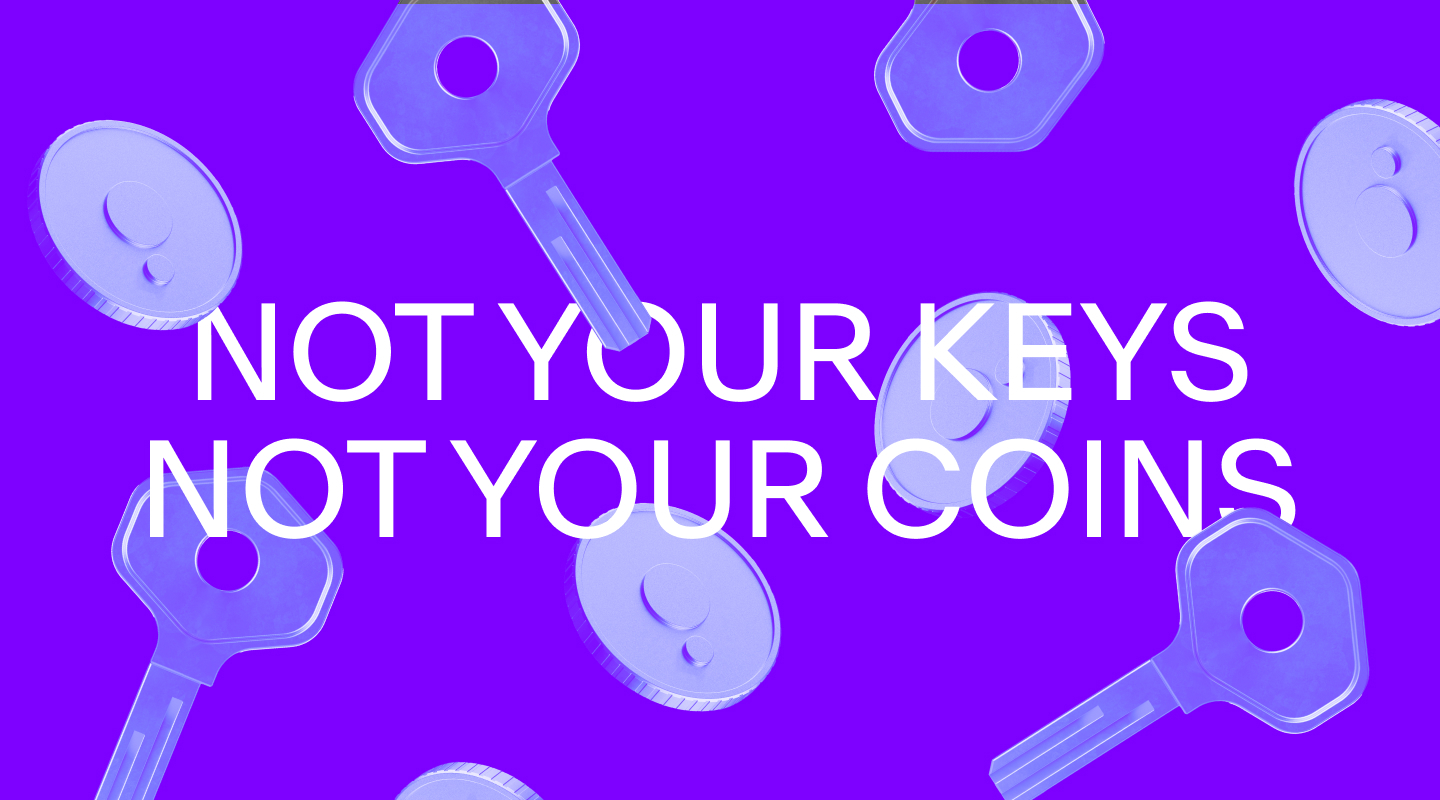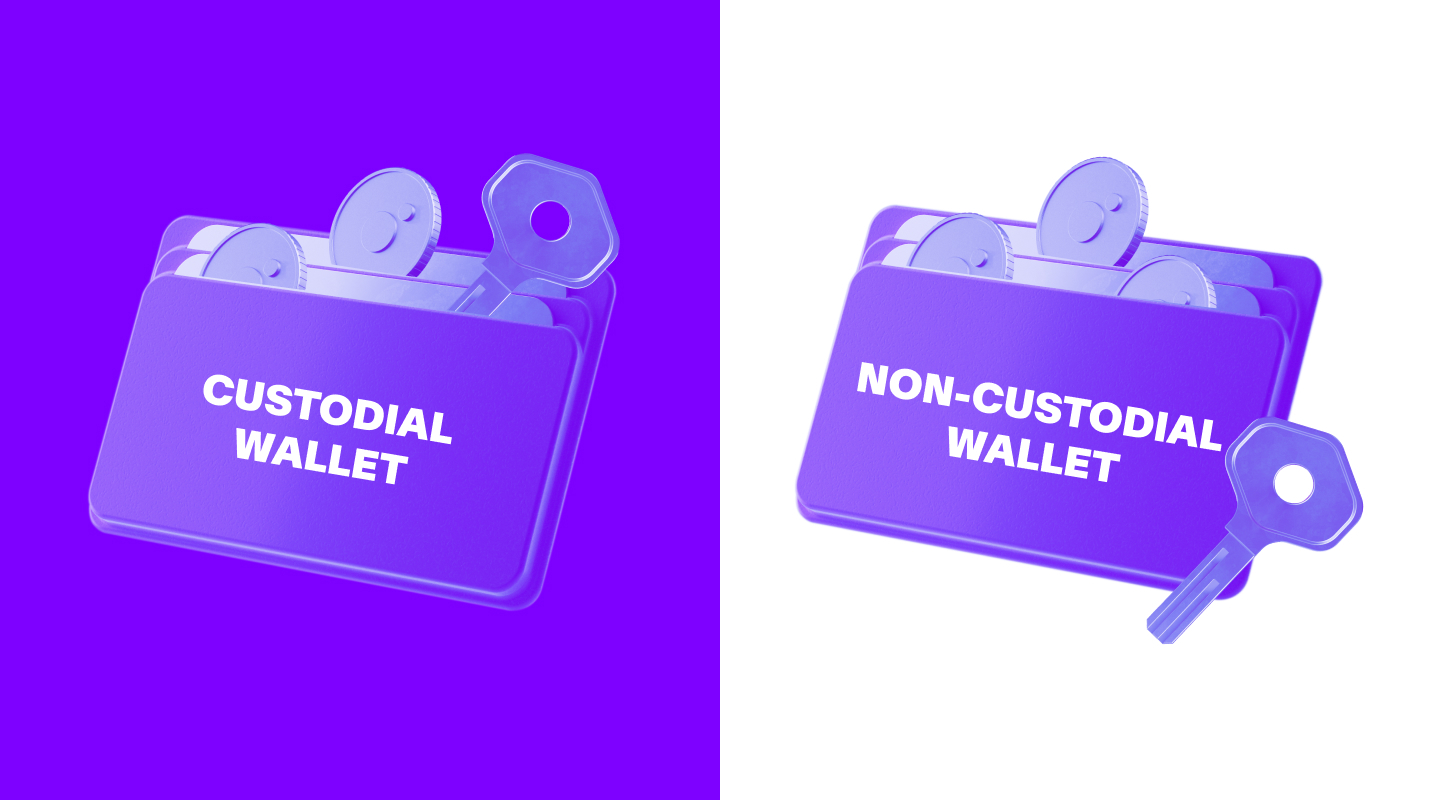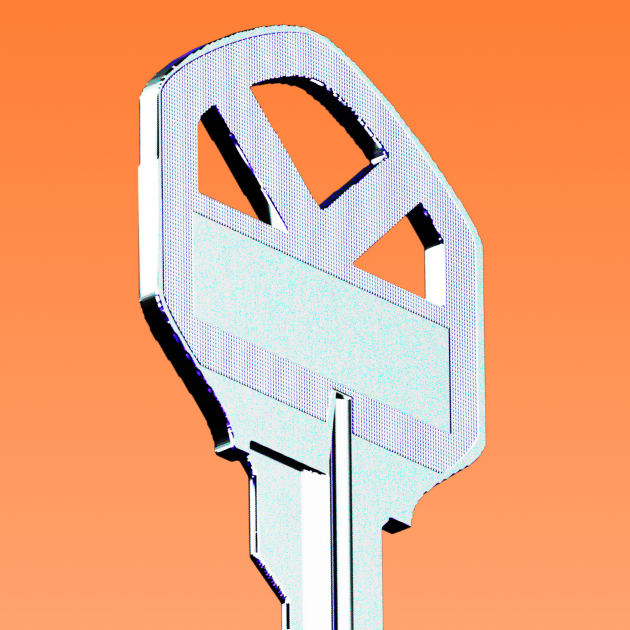Tout comme avec les actifs financiers traditionnels, il existe plusieurs façons de stocker votre crypto. La façon dont vous choisissez de stocker vos fonds dépend de votre profil d'investisseur (le type d'investisseur cryptographique que vous êtes) et de votre appétit pour le risque.
Dans cet article, nous explorerons les deux principaux types de portefeuilles que vous pouvez utiliser pour stocker vos cryptomonnaies: custodial et non-custodial, et offrir quelques conseils sur la manière de choisir celui qui vous convient.
Qu'est-ce qu'un portefeuille crypto custodian?
Avec portefeuilles de conservation (custodial wallets), vos fonds sont en possession d'une tierce partie. Vous pouvez penser à cela comme à une banque : lorsque vous déposez et stockez votre argent, la banque le sécurise pour vous afin que vous n'ayez pas à prendre le risque de le stocker vous-même. Dans ce cas, vous n'aurez pas accès aux clés privées, car vous déléguez la garde de vos fonds au dépositaire.
De nombreux échanges crypto populaires offrent des comptes de garde, tels que Binance et Coinbase. Il est recommandé de consulter les conditions générales du fournisseur de portefeuille pour comprendre quelles protections, le cas échéant, peuvent s'appliquer à vos fonds si quelque chose arrive à l'échange.
Avantages du portefeuille de garde
Externaliser le fardeau de la conservation de votre crypto à un tiers
Pas besoin de s'inquiéter de perdre vos clés privées
Interface utilisateur conviviale pour les débutants
Risques liés aux portefeuilles de garde
Les hacks ciblant le stockage tiers peuvent entraîner la perte de tout ou partie de vos fonds
Les tiers peuvent vous empêcher d'accéder à vos fonds s'ils font faillite

Qu'est-ce qu'un portefeuille crypto non-custodial ?
Si vous préférez avoir un contrôle total sur vos fonds, alors les portefeuilles non-custodial peuvent être le choix pour vous.
Pour revenir à notre analogie avec la banque, avec un portefeuille non-custodial vous agissez comme votre propre banque. Personne d'autre n'a accès à vos fonds, que vous gardez sous votre propre serrure et clé.
Il y a un maxim populaire web 3 : "pas vos clés, pas vos pièces". Si un tiers contrôle les clés privées de votre portefeuille, vos fonds ne sont jamais vraiment sous votre contrôle.

Vous pouvez penser à votre portefeuille non-custodial comme à votre propre coffre-fort numérique privé. Vous possédez les clés privées et personne d'autre ne peut retirer ou envoyer des fonds depuis votre portefeuille sans accéder à ces clés. Si vous décidez d'envoyer des fonds à un autre portefeuille, vous avez l'autorité de le faire instantanément et quand vous le décidez.
Avantages du portefeuille non-custodial
Contrôle total sur vos cryptos, sans risque de perte de vos fonds par des tiers
Accès facile à vos fonds
Stockage hors ligne (matériel) capacité de stockage
Risques des portefeuilles non-dépositaires
Si vous oubliez vos clés ou les informations de votre portefeuille, vous pourriez être verrouillé hors de votre propre compte et perdre l'accès à vos crypto-monnaies
L'interface utilisateur est généralement moins conviviale pour les débutants
Une plus grande responsabilité en matière de sécurité repose sur vous

Décider quel portefeuille crypto est fait pour vous
Pour comprendre si un portefeuille dépositaire ou non-dépositaire vous convient, vous devez évaluer quel type d'investisseur en crypto-monnaie vous êtes.
Si vous préférez avoir un accès complet à vos propres fonds, ou si vous envoyez et recevez fréquemment des cryptos, vous pourriez être enclin à choisir un portefeuille non custodial, tel que Ledger, Trust Wallet, Exodus.
Si vous êtes nouveau dans le monde des cryptos et que vous préférez qu'un tiers gère vos fonds, vous vous dirigerez peut-être plus vers un portefeuille custodial.
Vous cherchez à créer un nouveau adresse de portefeuille? Vous pouvez commencer ici.






